Collaborators
The Islamic Art & Material Culture Collaborative (IAMCC) is comprised of Co-Chairs from the University of Toronto (UofT), the Royal Ontario Museum (ROM), and the Aga Khan Museum (AKM), who together direct the initiative and its programming.
Additionally, each academic year the IAMCC hires Fellows, from a relevant field of study at the University of Toronto, to assist with research, programming, and organization.
Co-Chairs
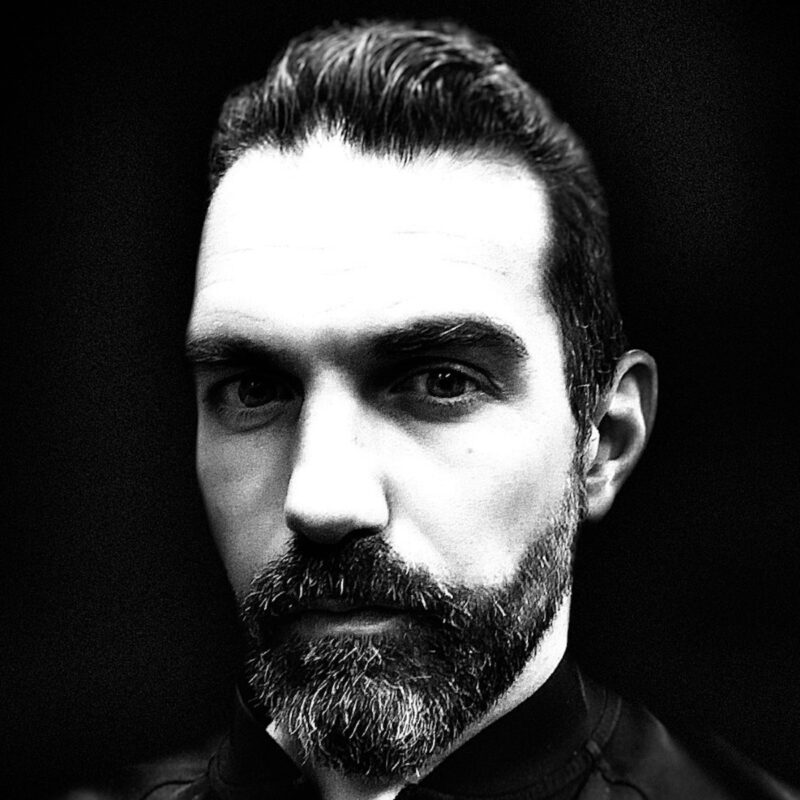
Michael Chagnon is a museum curator specializing in painting and the arts of the book from the early modern Persianate sphere. He was appointed Curator at the Aga Khan Museum in May 2019. Michael is also an Assistant Professor (status only) at the Department of Art History, University of Toronto.
Read more
Dr. Chagnon has previously held curatorial posts at the Brooklyn Museum, LACMA, and Japan Society, and served in curatorial capacities for exhibitions at New-York Historical Society and Asia Society Museum.
In addition to curatorial and museum work, Dr. Chagnon has substantial teaching experience, including a graduate seminar on "Critical Approaches to Persianate Painting" at Columbia University (Spring 2019); a master-class series on Islamic manuscripts at the New York Public Library (2018); and surveys of Islamic art at City College of New York (2009-10), Montclair State University, New Jersey (2009), and the College of New Rochelle, New York (2008).
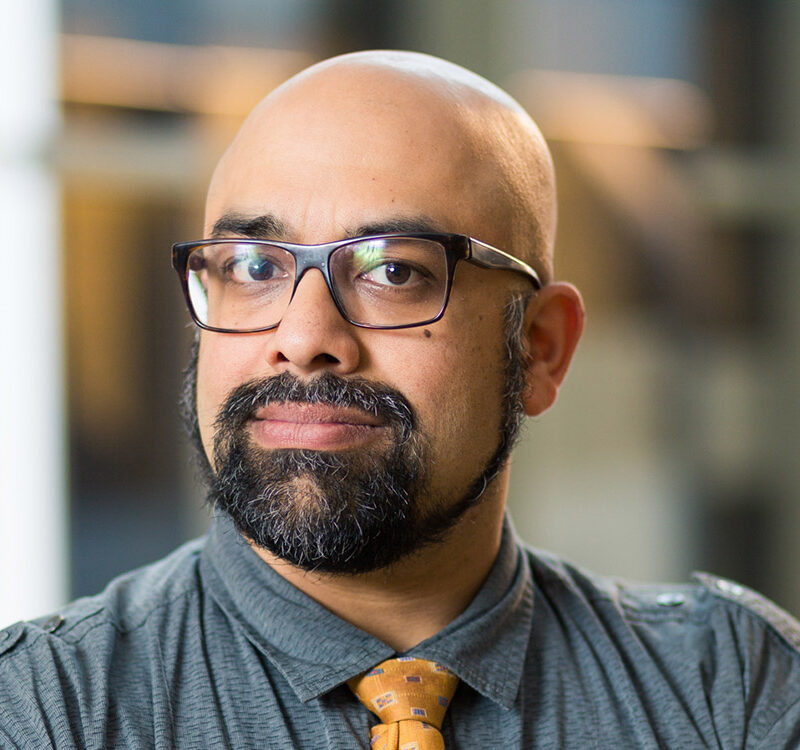
Anver M. Emon
Professor of Law and History; Director, Institute of Islamic StudiesUniversity of Toronto
Anver M. Emon is Professor of Law and History and Canada Research Chair of Islamic Law and History at the University of Toronto. His research integrates a careful attention to Islamic legal history and contemporary debates on law and governance.
Read more
Professor Emon is Director of the Institute of Islamic Studies, where he helps research teams incubate large scale research projects that have the capacity to recalibrate both academic and public debates on Islam and Muslims.
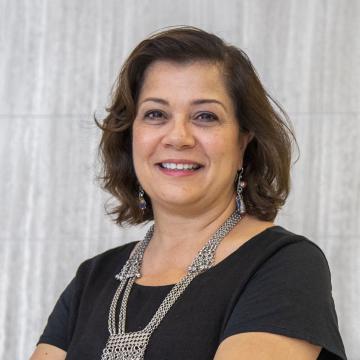
A noted historian of Islamic art, Dr. Ruba Kana’an is an assistant professor of Islamic art and architecture at the University of Toronto Mississauga and was the 2018-2019 Barakat Senior Fellow in Islamic Art, University of Oxford.
Read more
Dr. Kana’an’s primary research focuses on the Intersections between art, artists, art production and law in historical and contemporary contexts. She uses archival, textual and field-based research in her work, and has conducted research in Jordan, Palestine, Turkey, Yemen, Oman, East Africa, Egypt and Syria. In theoretical terms, her research engages with Bruno Latour’s object-networks and Henri Lefebvre’s production of space, among other frameworks. Her publications address questions about the formation and meanings of mosque architecture, metalwork and civic space in pre-modern Muslim societies.
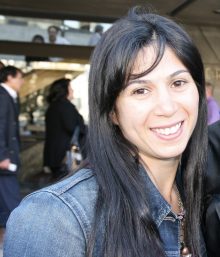
Heba Mostafa is Assistant Professor of Islamic art and architecture at the Department of History of Art at the University of Toronto. She received her doctorate from Cambridge University’s Department of Architecture in 2012 and holds degrees in architecture and the history of Islamic architecture from Cairo University and the American University in Cairo.
Read more
Dr. Mostafa has held positions at the University of California, Berkeley, the University of Kansas and the Kunsthistorisches Institute in Florence. Her research explores the formation of Islamic architecture through the lens of early Islamic sectarianism and governance and the intersections of politics, the sacred and architecture. A focus of her research is the interface of Islam with late antiquity, Christianity and Judaism through commemorative architecture, pilgrimage and ritual practice. Her two most recent projects explore Davidic commemoration in Jerusalem throughout the Islamic Medieval period and the spatial repertoires of Nile veneration in Medieval Cairo.
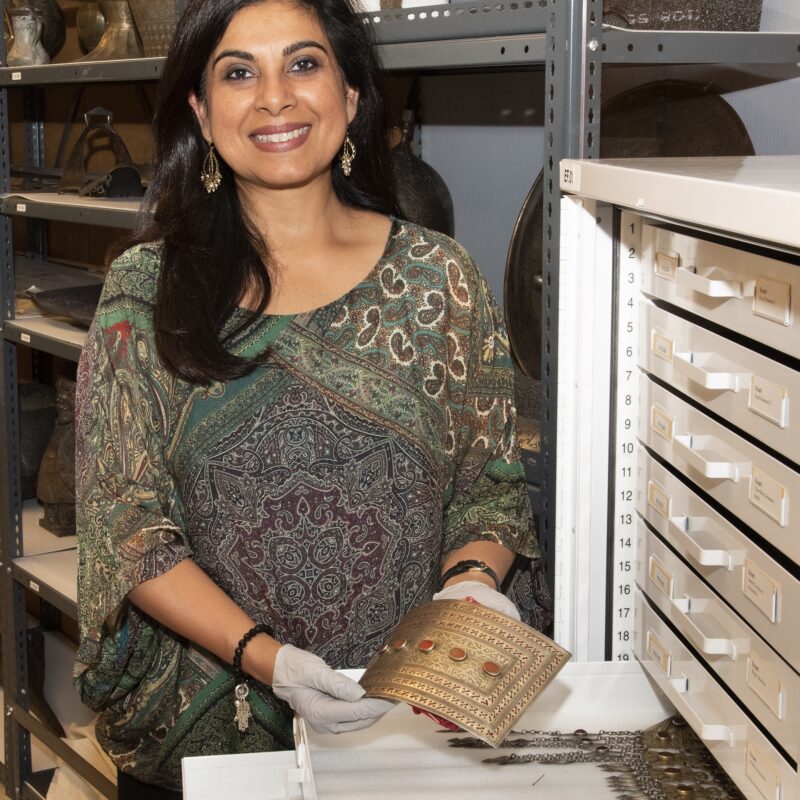
Dr. Fahmida Suleman, ROM Curator of Islamic Art & Culture, is responsible for developing and implementing strategy to build, manage and interpret the ROM’s world-class collection of Islamic art and material culture, which represents the largest collection of its kind in Canada.
Read more
Fahmida’s role includes leading strategic acquisitions, developing public programs and exhibitions, and further engaging the Islamic community in Toronto and across Canada. Fahmida joined the ROM from the British Museum where she was Phyllis Bishop Curator for the Modern Middle East. In that position, Fahmida was responsible for the Museum’s collection of ethnographic objects and textiles from the Middle East and Central Asia. Previously, Fahmida has also been a consultant with the Aga Khan Trust for Culture during the development phase of the Aga Khan Museum.
Raised in Toronto, Fahmida holds a degree in Islamic and Religious Studies from the University of Toronto, and Masters and Doctoral degrees in Islamic Art and Archaeology from Oxford University. She completed the Graduate Programme in Islamic Studies and Humanities at the Institute of Ismaili Studies in London, UK.
2021-2022 FELLOW
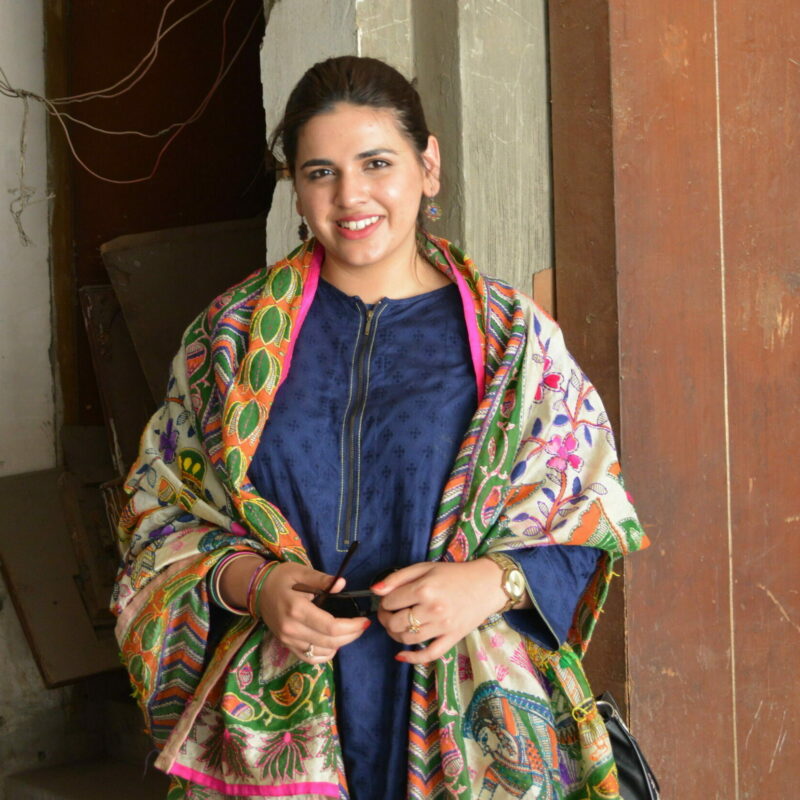
Sanniah Jabeen is a PhD student in the Department of Art History at the University of Toronto.
Read more
Sanniah's doctoral research focuses on textiles from South Asia and particularly the impact of digital printing, machine-replication, and mass-production on modern and contemporary 'folk' crafts in Pakistan. Central to her research are questions of how artisans and craft communities respond to changing markets, movements across networks of craft exchange, differing forms of gendered craft labor, textiles as markers of ethnicity and nationality, and concerns over the ‘indigeneity’ of the handmade. For her dissertation, Sanniah is studying the "Ajrak," a block-printed and resist dyed rectangular cotton textile. By considering its handmade forms and mass-produced representations as a markers of certain ethnicity, the Ajrak is juxtaposed as a political tool of representation with its high-fashion counterpart amidst global concerns around craft-preservation.
2020-2021 Fellows
Samantha Summers
Master of Information and Master of Museum StudiesFaculty of Information, University of Toronto
Rebecca Tunney
Master of Museum StudiesFaculty of Information, University of Toronto

